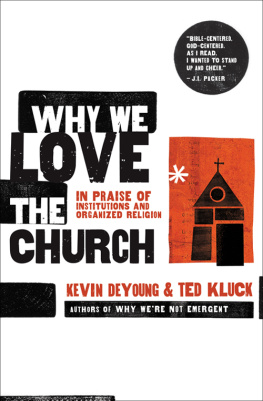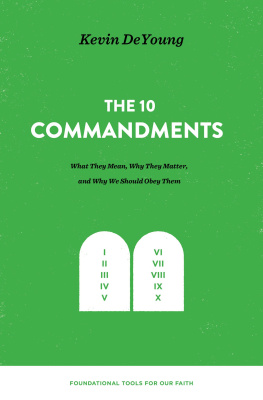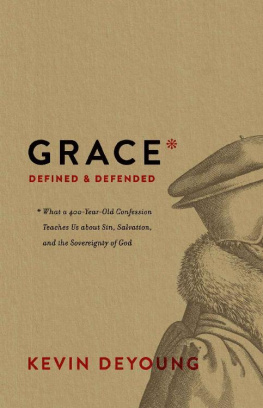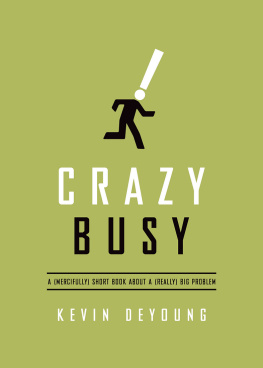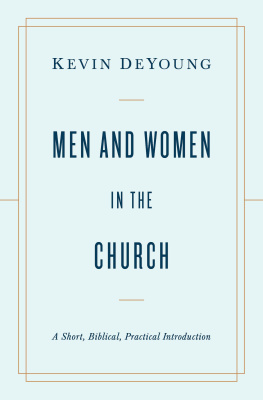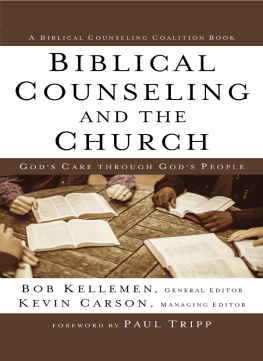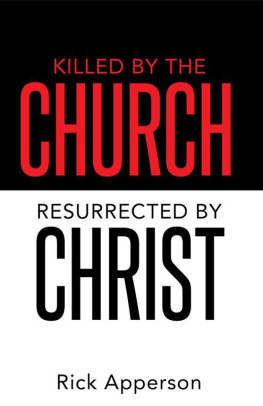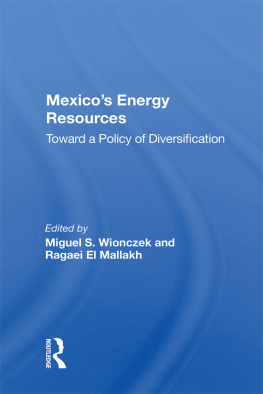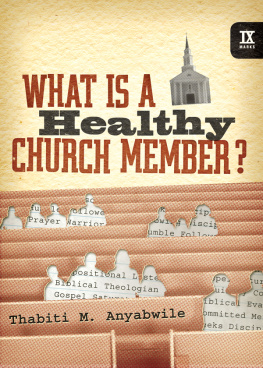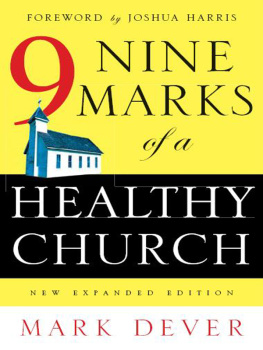
You have a class of young, strong men and women, and they want to give their lives to something. Advertising has these people chasing cars and clothes they dont need We dont have a great war in our generation, or a great depression, but we do have a great war of the spirit. We have a great revolution against the culture. The great depression is our lives. We have a spiritual depression.
The Mechanic, Fight Club (the book)
I ask you what you think of the faithful minister of Christ, who honestly exposes sin and pricks your conscience. Mind how you answer that question. Too many, nowadays, like only those ministers who prophesy smooth things and let their sins alone, who flatter their pride and amuse their intellectual taste, but who never sound an alarm, and never tell them of a wrath to come.
J. C. Ryle, Holiness
A t least twice a year we sit around our living room with our small group, with whatever book we're reading at the moment resting on our laps, and whine about how busy we are, and how little time we have for Bible reading and prayer.
"I'm just so busy with work." Heads nod. Affirmation all around.
"It's so hard with the kids. They're up so early." More heads nod.
We realize that nobody has done the reading for tonight, or if the reading was done, it was done in the car on the way over. We're all wiped out. Kevin and I just got off the road. Anthony's wife, Adrienne, has final exams coming up. The Newmans have a houseful of squirrelly kids. Let's just have another cup of coffee and catch up.
Imagine something with me for a moment. Imagine a year without itineraries. Imagine a year without business deadlines or taking work home with you; of conflicting soccer or Little League practices and schedules that eat up your weekend. No one-thousand-page reading list for your day or evening class as you balance school assignments and the day job.
Your vision of blessed relief probably differs from mine. This, friends, is my vision for the year of jubilee : No Christian conferences, no Christian books written, bought, or published. Just Bible reading, prayer, and church attendance. No more reading about doing community. No more incubation-for-social-change meetings, and to be fair, no more book discussion groups. Reading. Praying. Church.
This is one of those chapters that in true revolutionary fashion may sound a little more implausibly, fetchingly "out there" than is truly possible. That's okay. You may also wonder why someone who makes a chunk of his living writing Christian books would suggest a year without buying, selling, or marketing books or materials of any kind. I don't really know either, except to say that I'm kind of sick of all of this stuff and in true Iggy Pop fashion am ready to sabotage my career.
What I'm proposing may be stunning in its utter simplicity. For one year, dedicate yourselves to the following: prayer, Bible reading, and involvement in a local church body.
Some of you may need to visit the Hazelden Clinic or some other such facility to clear your twitchy, needy, addiction to Christian books and resources. That's okay. There's probably a twelve-step program out there for you. Ironically, some well-meaning Christian has probably written a book on it.
You can use the time that you normally spend on those keeping-busy tasks doing something else, like spending time with your family or getting to know people at your church. And instead of reading the fifty-five books on your Amazon list, or on your virtual bookshelf, or on your real bookshelf, you'll read one.
Know, too, that I'm in the same boat. I have a shelf full of books that are dying to be read, partly because somewhere along the line I paid for them and now feel obligated to actually consume them. There are blogs on my feed that I'm woefully behind on. CDs that have been bought and not listened to. This all stresses me out. But this is me sabotaging my career.
ONE SUNDAY MORNING AT CHURCH
Having survived the congregational prayer, the multiple pregnancy announcements, and the bilingual worship, my wife and I settle into our yellow plastic chairs for another sermon. We've got Tristan with us this morning, and in true kid-in-church fashion he is engrossed in a coloring book, but he's also psyched because he helped us set up the three hundred or so chairs last night in the sanctuary. Even that process was a little peek behind the curtain. We arrived on Saturday evening, and arranged the moveable chairs into neat rows. We laid a Bible and hymnal on every seat, facing forward. Microphone stands were set up. The pulpit was arranged in front. We were there because my wife works a few hours a week at the church, cleaning and setting up for Sunday services, and Tristan and I decided to join her.
As it turns out, the other janitor brought his wife, and what was going to be another couple of humdrum hours of work became an impromptu gathering. We worked hard. We laughed. We talked about a variety of things both spiritual and banal. At the end I was tired and thankful for my church. I was thankful that Tristan got to help. Thankful that we have a Bible for every seat, and thankful that people work hard to make this happen each week.
It occurs to me that sometimes you do the thing (going to church) and then the feelings happen later. However, my generation seems to want the great feelings about church to come on the front end, so that one feels great each and every time one darkens the door of one's church. This strikes me as more than a little unrealistic.
This Sunday's sermon is from 2 Corinthians 5:11-15, which begins, "Since, then, we know what it is to fear the Lord, we try to persuade men" (NIV).
"Our church doesn't exist to give you ten ways to deal with stress, or to help you become a better person," Pastor Kevin says from the pulpit. "We're here to persuade you. We're here to preach to you."
This, partly, comes from knowing what it is to fear the Lord. Currently, if publishing trends are any indication, we serve a Lord who is our friend, our camping buddy, someone with whom we have intimacy, etc.
WHY I LOVE MY CHURCH
The message and the people around me listening, remind me of some things that I really appreciate about our church:
Propositions. I'm glad I know, explicitly, what our church believes and affirms. These propositions manifest themselves not only as a statement of faith on a page, or a curriculum in a new members class, but in the lives of our congregants. I can look around the room and see an implicit understanding of God's sovereignty at work in the lives of the people I worship with, and that is a profound encouragement.
Sincerity. Do I love singing "Santo, Santo, Santo"? Admittedly, no. But I do love the fact that our praise team is full of random people who fit into different demographics but share a passion for worshiping God through song. Even if I don't always "like" the songs, I love the sincerity with which they're sung, and that helps me worship.
Our small group. Looking around the room, I can see Anthony and his wife, Adrienne, who is from Hungary. Because Anthony is an artist and thinks on a different wavelength than I do, I only understand about a third of what he's saying at a given moment, which doesn't matter because we still really like each other. Nathan, the bearded mathematician, always sits behind us. Nathan builds kites, cooks French cuisine, and has a sauna at his house (read: we have nothing in common), which I've visited and had great conversations in several times. I'm confident that we would know nothing of each other were it not for this small group, and by extension, our church's small-group ministry.
Next page
